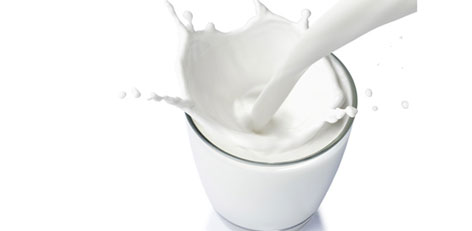Be careful about these milk alternatives that can affect your health!!

Many of us have started consuming milk alternatives like soymilk, almond milk, coconut milk etc. Point is that people have been opting for plant based diets these days due to allergic nature, lactose intolerance etc. It must be noted that the milk alternatives come with certain nutritional profiles. For example, some milk alternatives might lack essential nutrients while others might have added ingredients etc. When compared to cow`s milk, milk alternatives might have few calories but vary in protein, calcium and added sugars etc.
Milk alternatives and their effect on our health:
Almond milk intake:
For weight management, many of us consume almond milk as it is low in calories. Truth is that it has got less protein when compared to cow`s milk. Hence, almond milk intake might not support our muscle health and it might be inferior to soymilk or dairy etc in this aspect.
Soymilk intake:
It is worthy to note here that soy milk has most comparable protein levels to cow`s milk. Hence, soymilk is a superb alternative to milk. Bitter fact is that this milk ahs phytoestrogens and it could influence hormone levels in high amounts. It is good to consume soy milk in moderate quantities. Those persons who have hormone sensitive health conditions must not consume soy milk.
Oat milk intake:
The presence of high amounts of carbohydrates in oat milk could lead to an increase in the blood sugar levels in us. It must be noted that the oat milk is fortified with calcium and vitamin D but it lacks the protein of dairy milk. Occasionally, oat milk can be consumed by us.
Coconut milk intake:
There are chances that our heart health might come down when we consume coconut milk. This could be because coconut milk has saturated fats. It could be used in recipes due to its creamy consistency. For those persons who are looking to boost protein or calcium intake, coconut milk might not be an ideal option.
Rice milk intake:
Rice milk has a high glycemic index or GI and therefore consuming this milk could lead to spike in the blood sugar levels when compared to other milk alternatives. It is low in nutrients unless fortified. Persons with multiple allergies could benefit from rice milk.
Hemp milk intake:
It is noteworthy that hemp milk would provide us with omega 3 fatty acids and is naturally rich in proteins. Not all the brands of hemp milk are fortified with additional calcium or vitamin D etc. Those persons who are on the lookout to support their heart health with omega 3 fatty acids could opt for hemp milk.
Cashew milk intake:
Point to be noted is that cashew milk is low in proteins and carbohydrates. For those who want to support their muscle and bone health, cashew milk might not be a good option as it has low protein content.







